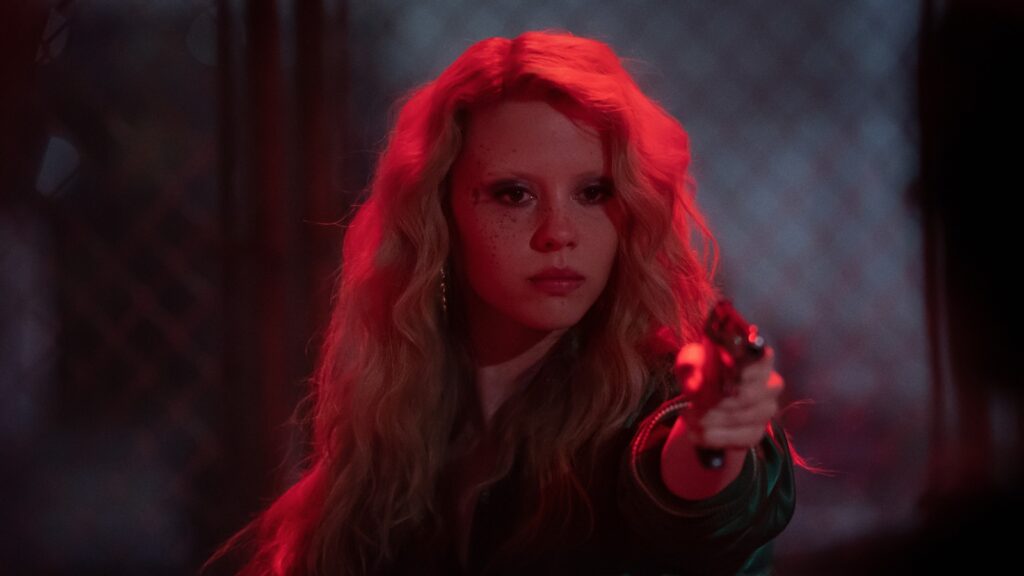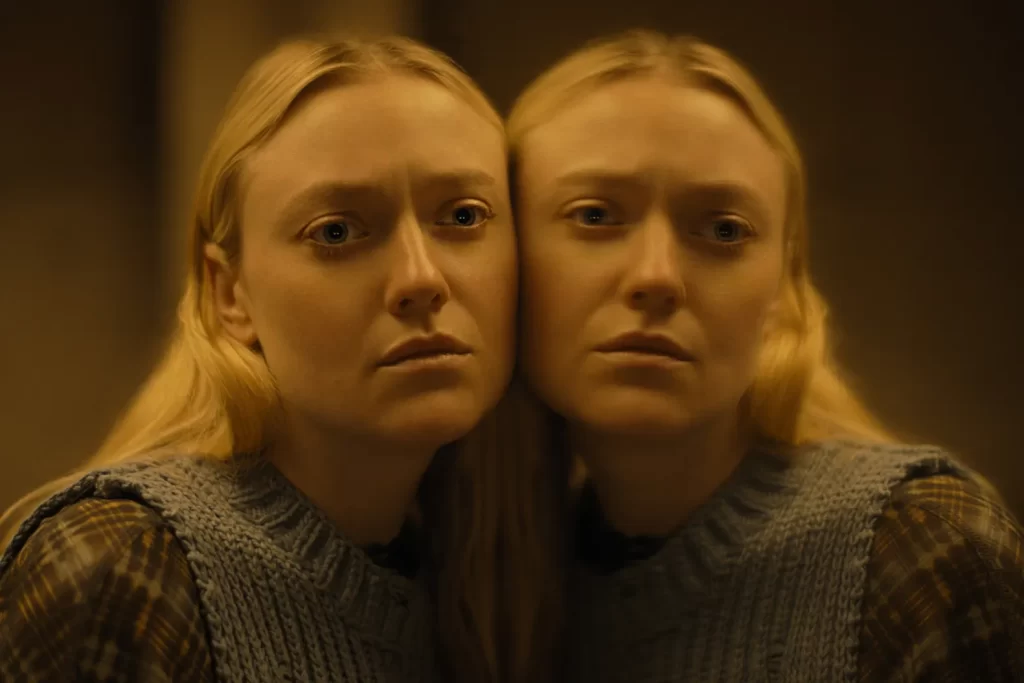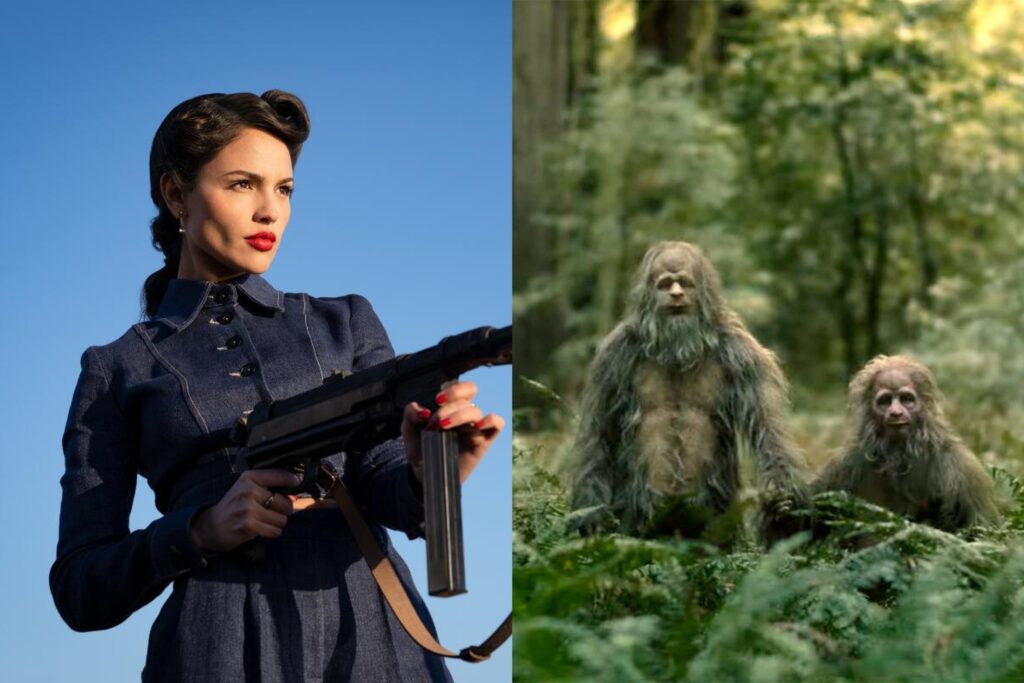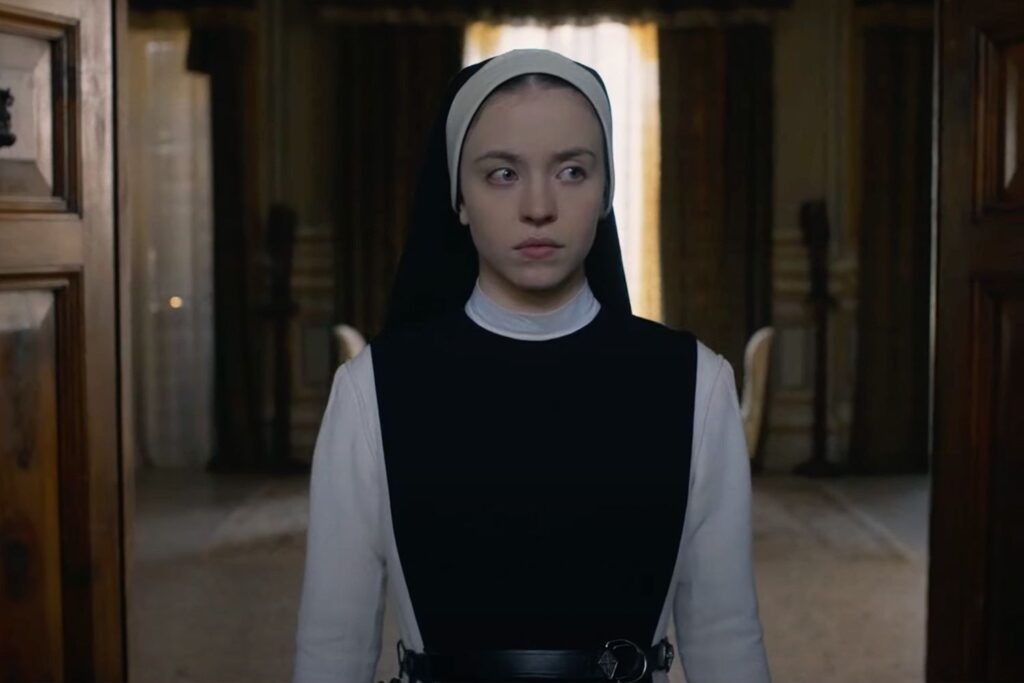Horizon, an American Saga: To Each His Yellowstone
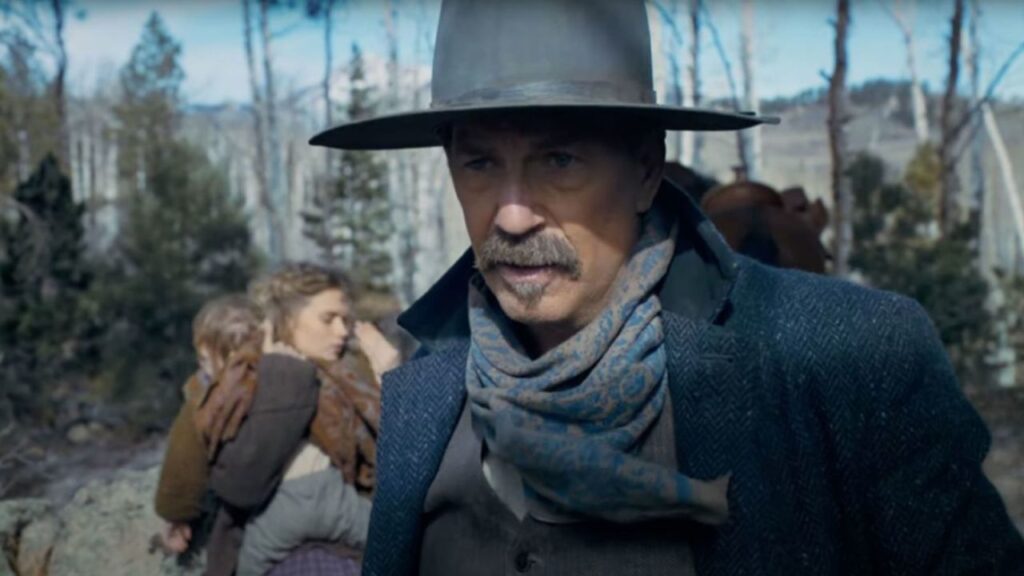
Can Kevin Costner save the movies? He’s certainly willing to try, even if nobody asked him. Horizon: An American Saga is many things—an epic western, a romantic melodrama, a historical reckoning, an ode to classical masculinity—but above all, it is a wager on the sanctity of the theatrical experience. In the 34 years since Costner captured the hearts of viewers (and Oscar voters) with Dances with Wolves, the landscape of American cinema has changed, with much adult-oriented prestige fare migrating from the expansive frontier of the multiplex to the cozier confines of your living room. Costner himself has played a small part in this, having spent five seasons starring on the wildly popular TV series Yellowstone. With Horizon—which Costner not only wrote (with Jon Baird) and directed, but also financed with $38 million of his own money—he aims to unfurl a long-gestating passion project that restores the big screen to its former glory.
So the bitter and abiding irony of Chapter 1, the first of at least four planned installments in the saga (with the second slated for release on August 16 er, we’ll get back to you on that), is that it feels very much like an episode of television. It introduces a large number of characters and sketches out their preliminary circumstances, rarely affording them anything resembling closure. It also cuts across numerous locations, hinting at a potential intersection of disparate subplots but reserving any such linkage for a subsequent entry. And it concludes not with an exclamation point but with an ellipsis—a frenetic, fairly absorbing montage that comprises footage from the already-shot Chapter 2, a technique akin to the “This season on [X]” stingers that wrap up the premiere of your favorite Netflix or Amazon series. This isn’t a movie; this is a pilot. Read More

